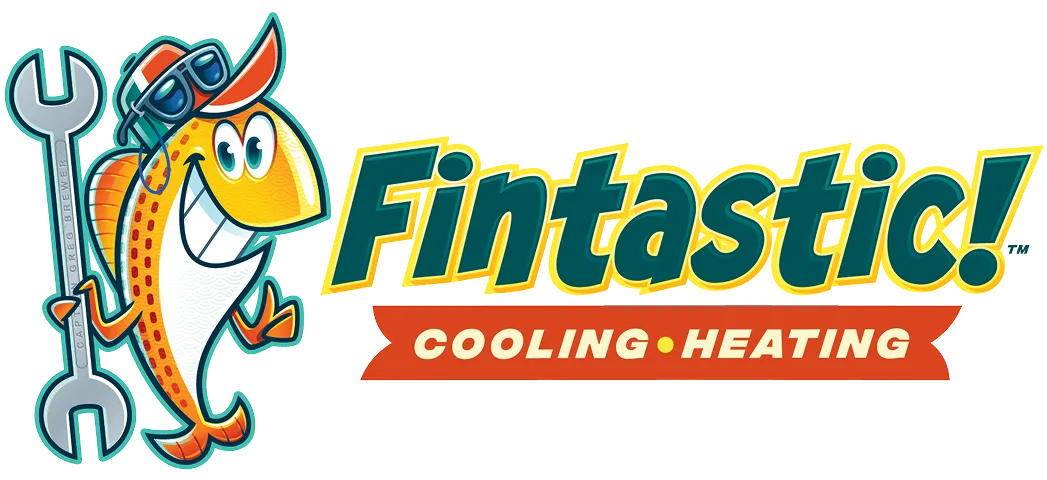Heat Pump Services in West Houston, TX
Comprehensive heat pump services for West Houston homes cover choosing the right system, sizing for climate, and professional installation with thorough commissioning. The guide explains air-source, ductless mini-splits, and multistage or variable-speed models, plus options for ductless zoning and cold-climate performance. It outlines a careful assessment process (Manual J, duct leaks, electrical capacity), a step-by-step installation, routine maintenance, and common repairs. It also discusses rebates, costs, and warranties, emphasizing long-term efficiency, humidity control, and system longevity. This helps homeowners plan, budget, and protect their investment.
.jpg)
Heat Pump Services in West Houston, TX
Heat pumps are an efficient, year-round climate solution for West Houston homes, where long, humid summers and mild winters create a strong need for reliable cooling and dehumidification with occasional heating. Our Heat Pump Services in West Houston, TX explain system types, assessment and sizing, installation and commissioning, routine maintenance, common repairs and diagnostics, and what you can expect for rebates, costs, and warranties. This guide is tailored to homeowners ready to choose, upgrade, or maintain a heat pump system that performs well in the Houston climate.
Why choose a heat pump for West Houston homes
- Heat pumps provide both cooling and heating in a single system, reducing the need for separate furnace equipment in a region with modest heating demands.
- Modern inverter-driven and variable-speed units maintain comfortable indoor temperatures while controlling humidity better than standard air conditioners.
- High-efficiency heat pumps can lower energy use during long cooling seasons, offering better seasonal performance measured by SEER (cooling) and HSPF or HSPF2 (heating).
- Ductless mini-splits are an excellent option for older or renovated homes without central ductwork, allowing zone control and reducing duct losses common in humid climates.
System types explained
- Air-source split systems: The most common residential option, with an outdoor condensing unit and indoor air handler. Good for central cooling and whole-house comfort.
- Ductless mini-splits: Wall or ceiling-mounted indoor units connected to an outdoor compressor. Ideal for room additions, zoned temperature control, or homes with poor ductwork.
- Multistage and variable-speed systems: Run at partial capacity most of the time to control humidity and reduce cycling—especially valuable in Houston’s humid summers.
- Cold-climate or enhanced heat pump models: Provide more reliable heating during occasional cold snaps experienced in the region.
Assessment and proper sizing
Correct sizing and assessment are critical to performance in West Houston:
- A professional load calculation (Manual J) evaluates local climate, home orientation, insulation, window types, occupancy, and heat-producing equipment to determine capacity. Oversized units short-cycle and fail to control humidity; undersized units run continuously and reduce comfort.
- Duct inspection identifies leaks, insulation gaps, and imbalanced airflow common in older Houston homes. Sealing and proper insulation can improve system efficiency and reduce required capacity.
- Electrical capacity and panel inspection ensure the home can safely support the heat pump and any required ancillary equipment.
- For ductless systems, assessment includes line-set lengths, optimal indoor unit placement for airflow and dehumidification, and aesthetic considerations.
Installation and commissioning process
A professional installation follows a consistent set of steps to ensure long-term performance:
- Site preparation and mounting of the outdoor unit on a level pad or bracket, considering salt air exposure and debris.
- Indoor unit placement for even airflow and minimal short-circuiting of cooled air. For ducted systems, cleaning or replacement of duct boots and plenums may be needed.
- Refrigerant line installation, vacuuming, and proper charging to manufacturer specifications. Correct charge is essential for efficiency and compressor longevity.
- Electrical interconnections, safety controls, and thermostat or control installation. Upgrading thermostats to smart or zoning controls can enhance humidity management.
- Commissioning checks: airflow measurement, static pressure, superheat and subcooling verification, correct refrigerant charge, defrost cycle tests, and full operational testing in both cooling and heating modes.
- Homeowner orientation covering basic operation, filter access, and seasonal settings for optimal humidity and efficiency.
Routine maintenance and seasonal checks
Routine care extends life and preserves efficiency in the humid Gulf Coast environment:
- Replace or clean filters every 1-3 months depending on use and indoor air quality.
- Clean outdoor coils and maintain clear airflow around the outdoor unit; debris and vegetation reduce heat transfer and efficiency.
- Annual or biannual tune-ups before heavy-use seasons: check refrigerant levels, inspect electrical components (capacitors, contactors), lubricate motors where applicable, inspect condensate drains and pans, and test safety controls and defrost operation.
- Ductwork service every 3-7 years as needed: sealing, insulating, and balancing for consistent airflow and improved humidity control.
- Pre-winter check of reversing valve and defrost controls to ensure reliable performance during cooler periods.
Common repairs and diagnostic procedures
Understanding typical failures helps prioritize repairs and prevent breakdowns:
- Refrigerant leaks: Symptoms include reduced cooling, ice on evaporator coils, and higher running times. Diagnostics include leak detection and pressure testing; repairs require repairing the leak and recharging to spec.
- Compressor failures or contactor/capacitor issues: Hard start or no-start problems often point to electrical components; full compressor replacement is costlier and evaluated on a case-by-case basis.
- Reversing valve or defrost control malfunction: Causes erratic heating behavior or excessive icing in winter; diagnostics include checking valve activation and defrost control cycles.
- Airflow restrictions: Dirty coils, clogged filters, or blower motor problems cause poor performance and frozen coils. Addressing airflow issues is often the fastest way to restore efficiency.
- Thermostat and controls: Incorrect settings or wiring troubles can mimic system failures; verify settings, batteries, and communication with indoor units.
Rebates, incentives, and compliance in West Houston
Homeowners in the Houston area may qualify for multiple incentives that offset the cost of high-efficiency heat pumps:
- Local utility programs and municipal incentives sometimes offer rebates for energy-efficient heat pumps or duct upgrades. Check with your local utility providers for current offerings.
- Federal tax credits and energy efficiency programs have periodically included incentives for qualifying heat pump installations; eligibility and amounts change over time, so verify current federal guidance and documentation requirements.
- Proper equipment sizing, ENERGY STAR certification, and documented installation details are commonly required for rebate or tax credit eligibility.
Expected costs and warranties
- Typical installation cost ranges in West Houston: central air-source heat pump systems commonly range from mid-thousands to upper-thousands depending on capacity and efficiency. Ductless mini-splits vary widely based on number of zones and indoor unit types. High-efficiency models and specialty installations increase cost.
- Common repair costs: simple repairs such as capacitor or contactor replacement are lower-cost items; refrigerant recharge and leak repair are mid-range; compressor replacement or full system replacement is more significant.
- Warranties: manufacturer parts warranties commonly range from 5 to 10 years; compressors may carry extended warranties up to 10 or 12 years for qualifying models. Labor warranties vary by installer and should be reviewed before service. Keep manufacturer registration and maintenance records to preserve warranties.
Final notes on longevity and value
A correctly sized, professionally installed heat pump delivers efficient cooling during Houston’s long warm season while providing reliable, low-cost heating during cooler months. Regular maintenance and prompt repairs protect efficiency, humidity control, and equipment life. For West Houston homeowners focused on comfort, indoor air quality, and energy savings, investing in the right heat pump system and a consistent maintenance plan pays off in lower energy bills and fewer unexpected failures.
Customer Testimonials
Our customers praise our exceptional service and attention to detail, consistently exceeding expectations.































































